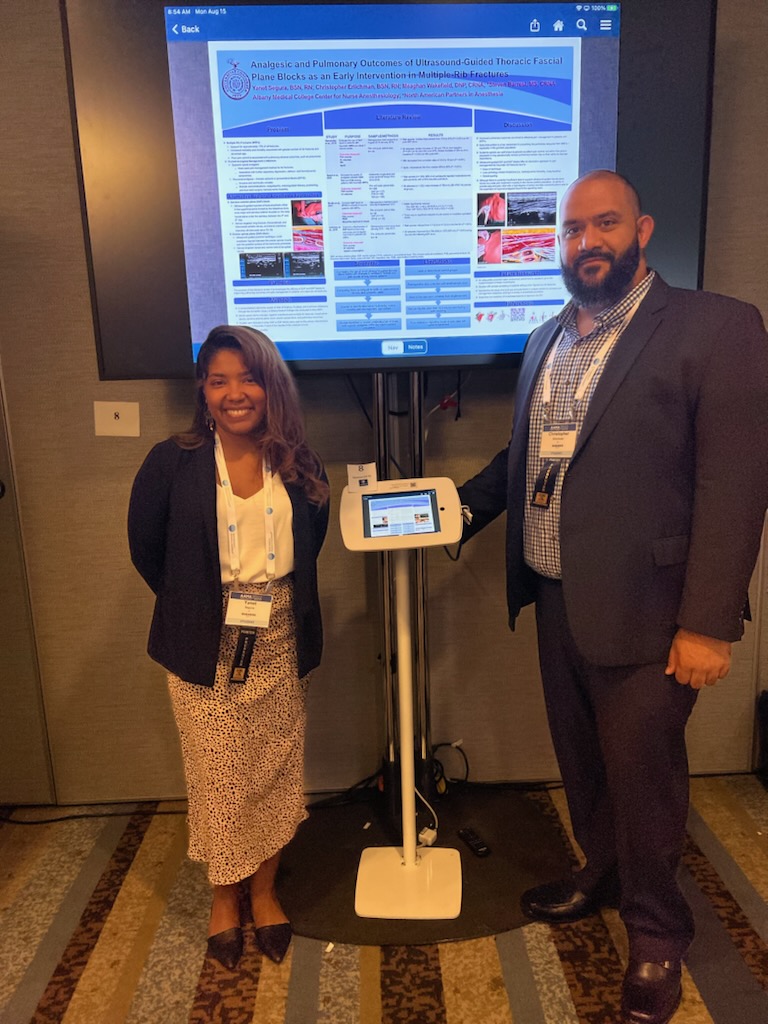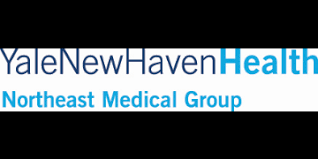Interview with for Jake Forrester, CRNA
- In undergrad, I was taking the elevator during clinicals and a CRNA jumped in the same elevator. She asked me what my plans were for after school and immediately followed by telling me about her profession as a nurse anesthetist.
- Since that encounter, every CRNA I met said they loved their job and wouldn’t want to do anything else.
- I worked 2.5 years in the ICU before starting CRNA school. I didn’t have any mentors, so I used online outlets such as nurse and CRNA blogs.
- Imposter syndrome was very real and I truly wasn't sure if I was able to do it. But, someone once told me: “nothing good comes easy. And the road to become a CRNA is no different” - this really kept me going and pushing myself towards my goal
- It is very important to understand the culture within this community. For example, knowing that transgender patients are the most marginalized patients in this community, or that care for the LGBTQ+ community is overall subpar.
- As an openly gay man myself, many of my patients feel more comfortable confiding and sharing personal information that is common in the LGBT community with someone who understands this lifestyle. This ultimately leads to safer anesthesia and better patient outcomes.
What do you think we can improve on as CRNAs who provide care for the LGBTQ+ patient population?
- Check your own biases and opinions before you even interact with patients, and be aware of your own limitations. Being open to learning from patients is crucial. In the end, regardless of our beliefs, we’re there to make sure our patients are safe and receive equal care. We can start by ensuring judgement free zones when we interview our patients in pre-op. Another great way to improve your knowledge is to team up with CRNAs that are part of the LGBTQ+ community. Be willing to ask questions and learn from them.
- There are many hospitals across the country that provide gender-affirming surgeries (GAS). When patients come in for GAS procedures, there is a “GAS team” that includes providers trained to care for these patients and able to prioritize their specific needs. Every hospital should have a team that is comfortable and dedicated to these patients.
- Something as little as a Pride pin on your badge can have a great impact. This allows patients to know that I am not there to judge them, from the moment I walk in the door. Patients are therefore more open to share information about their background and lifestyle behaviors.
- At my current hospital, there is a hospital liaison that represents and guides the patient through the medical process. The liaison is present in preop, PACU, and during the rest of admission. Their role is to support the patient during their hospitalization.
- What can we do to diversify our profession and support young residents who are part of this community?
- Ideally, any CRNA that is part of this community should be proud and willing to share their story. Becoming more visible in this aspect will encourage other nurses to join the profession because they see themselves represented.
- Another outlet could be by recruiting at nursing schools and other LGBTQ+ nursing associations to spread awareness about our profession.
- Sponsoring events is also a great way to get our face out there. NYSANA could help sponsor the Pride parade and have a float where the general public and healthcare professionals see our support. Maybe setting an STI testing at a bar while having a CRNA run it, could also show support to our patient population.
- And lastly, having a CRNA as part of the GAS team and becoming comfortable with providing care for these patients during their gender-affirming surgeries.
- I’m attending the AANA’s annual Congress this summer in San Diego, and will be speaking on "Anesthesia considerations for patients on PrEP for HIV prevention".
- Numerous hospitals across the country are creating an anesthesia registry for transgender patients during gender affirming and non gender affirming surgeries. My Chief CRNA asked me if I was interested, so I am currently helping my hospital gather and organize this data.

 Goldie Brangman, CRNA, MEd, MBA was an accomplished CRNA and exceptional mentor. Goldie served as the first and only African American President of the American Association of Nurse Anesthesiology and President of NYSANA from 1960 - 1961. She famously treated Dr. Martin Luther King Jr., after a near-fatal assassination attempt in 1958.
Goldie Brangman, CRNA, MEd, MBA was an accomplished CRNA and exceptional mentor. Goldie served as the first and only African American President of the American Association of Nurse Anesthesiology and President of NYSANA from 1960 - 1961. She famously treated Dr. Martin Luther King Jr., after a near-fatal assassination attempt in 1958.